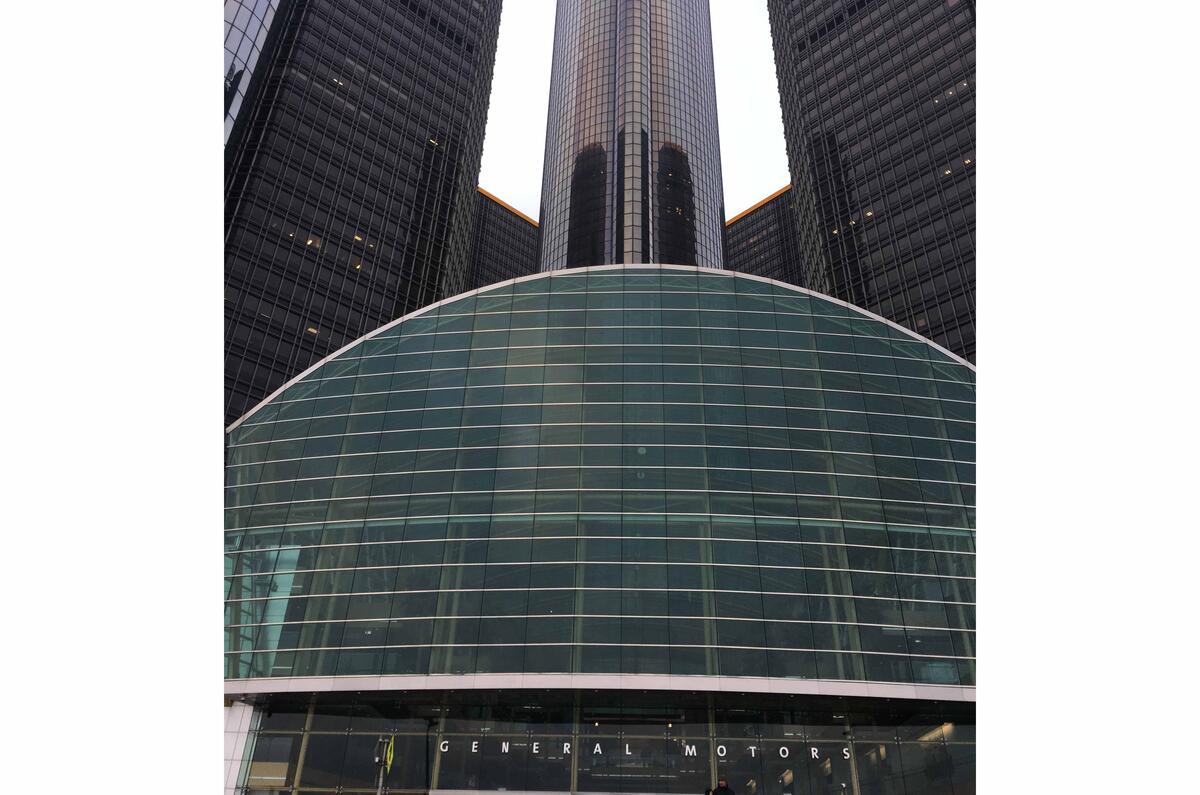It’s been five years since Detroit filed for bankruptcy, and many more since the economy was decimated and along with it, the motor industry, which was such a fundamental part of the city’s growth in the 1920s and far beyond.
And while it’s a gradual process, regeneration is absolutely underway – businesses are investing; attracted by cheap rents, urban agriculture is rife in many of the city’s gaps and cool Detroit brands such as leather goods firm Shinola are making a name for themselves globally.
Despite all this, it’s a rather unremarkable year for the Detroit motor show based on what we know so far. This is the show where us motoring fans want to see those big players on their home turf pulling out all the stops.
But all reports so far suggest that isn’t the case this year – unless, of course, there are some big surprises at the show.
Ford has the new Ranger for the US market, already seen in Europe, a mildly facelifted Edge and a special-edition Mustang Bullitt, celebrating its 50th anniversary.
General Motor’s Cadillac and Chevrolet are absent of new metal other than the Silverado pick-up. Jeep has the new Cherokee, already revealed in pictures last year.
There are interesting cars, of course, but nothing that sets the world on fire. To name a few, there’s the new Mercedes G-Class, looking very like the old, the BMW X2, revealed in pictures two months ago and a sleek-looking Kia Forte saloon, which will be the basis for the new Kia Ceed hatchback.
So why is the show underwhelming? As is always the case when we discuss motor shows, some times it just comes down to model product cycles – when a model is ready to be revealed before going on sale. But there’s more at play here. There’s big competition from the LA and New York motor shows. The former probably holds more threat, seemingly more glamorous and set amid a backdrop of sunny climes opposed to the sub-zero temperatures of Michigan state.
The other big threat is Las Vegas’ Consumer Electronic Show, held less than two weeks ago. For many, there was more present there that was exciting to an automotive audience. Hyundai’s new hydrogen SUV Nexo, Kia’s Niro EV concept and plenty of announcements regarding vehicle-to-X communication, autonomy and more. CES is becoming more and more relevant for cars. By comparison, while there’s no doubt that some of the cars shown in Detroit will be big sellers, there is far less of a focus on the inevitable future of electrification and autonomy.







Add your comment